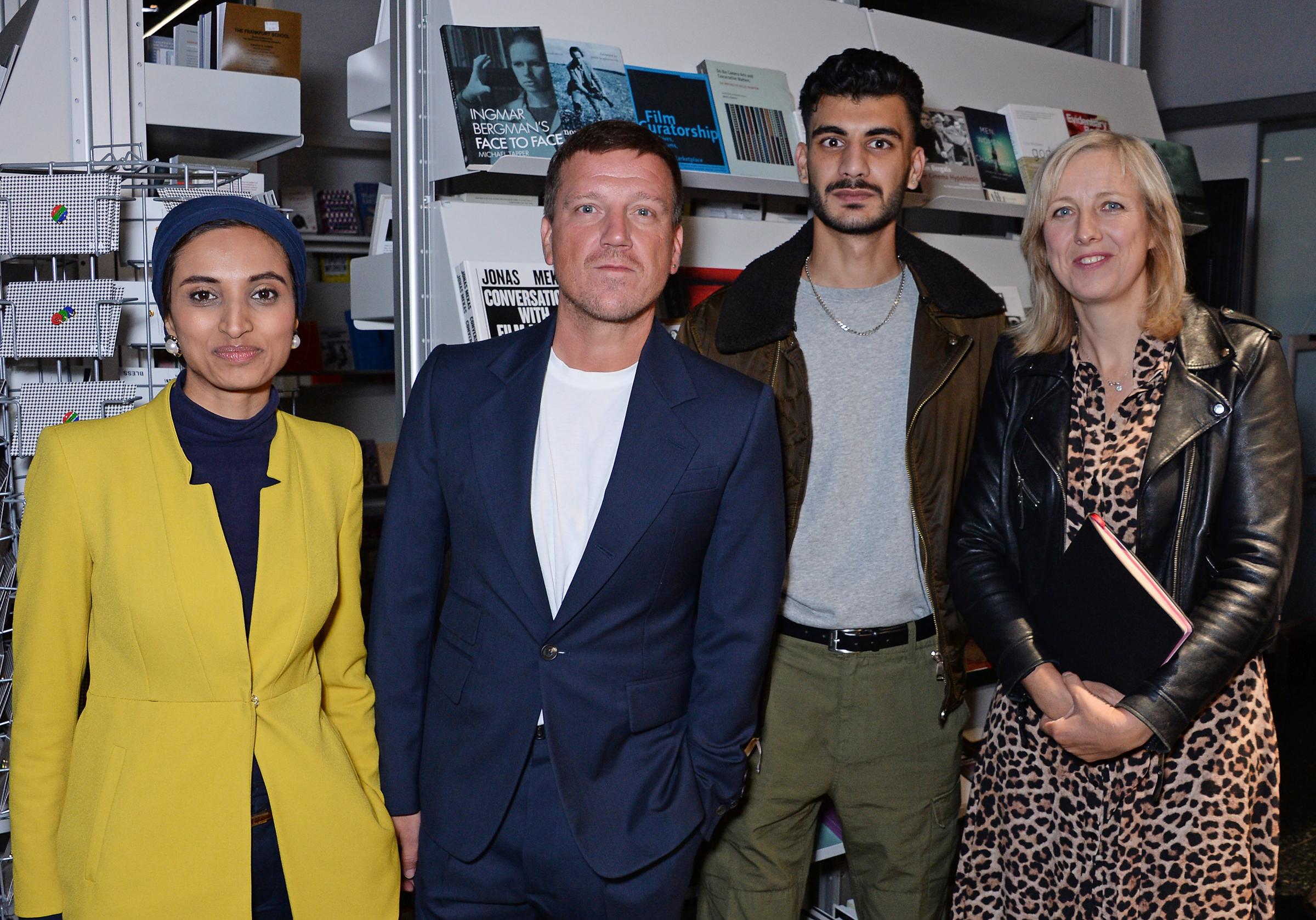
THE multimillionaire Brexiteer Arron Banks has lost a libel case he launched against a journalist who accused him of lying about his relationship with Russia.
Banks, who funded the Leave.EU campaign group, sued the Observer and Guardian journalist Carole Cadwalladr (below, far right) after she twice said the businessman had covered up links with the Kremlin.

She made the claims once in a Ted Talk and again in a tweet but has been cleared of having libelled the multimillionaire.
Justice Steyn found the journalist had not caused "serious harm" to Banks' reputation in the tweet and that she had grounds in the public interest for making the claim.
A summary published by the court said that while Banks had been cleared of criminality by his backing of the Leave.EU campaign amid concerns he had not been the true source of an £8 million donation, the Ted Talk had also failed to damage his reputation.
Her lawyer Gavin Millar QC had said the libel action had been an attempt to silence her.
Cadwalladr had unusually been targeted personally for libel, rather than the publications for which she writes.
She would have been responsible for recompensing Banks’ legal costs if his challenge had been successful – estimated as being between £750,000 and £1 million – as well as damages.
Cadwalladr has risen to prominence as a journalist for exploring issues such as campaign finance, social media and the Brexit referendum.
Welcoming the judgement in her favour, Cadwalladr tweeted on Monday: "I am so profoundly grateful and relieved.
"Thank you to the judge, my stellar legal team and the 29,000 people who contributed to my legal defence fund. I literally couldn’t have done it without you."
Keith Mathieson, a partner at RPC, the legal firm which represented Cadwalladr, said: "Today's judgment is an important vindication not just of Carole, but of the right of everyone to express themselves freely on matters of public interest.
"The judge undertook a highly detailed and careful examination of what Carole said in the statements Mr Banks sued on and rightly found that Carole was entitled to say what she honestly and reasonably believed based on years of investigation.
"The judgment gives significant support to the public interest defence in the law of defamation and the protection it offers journalists, bloggers and others to contribute to public debate on serious issues."







